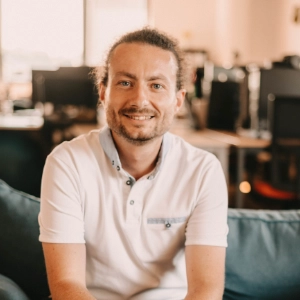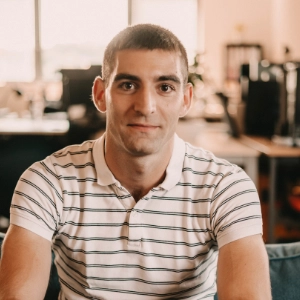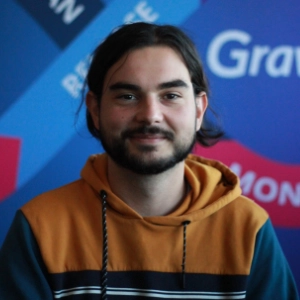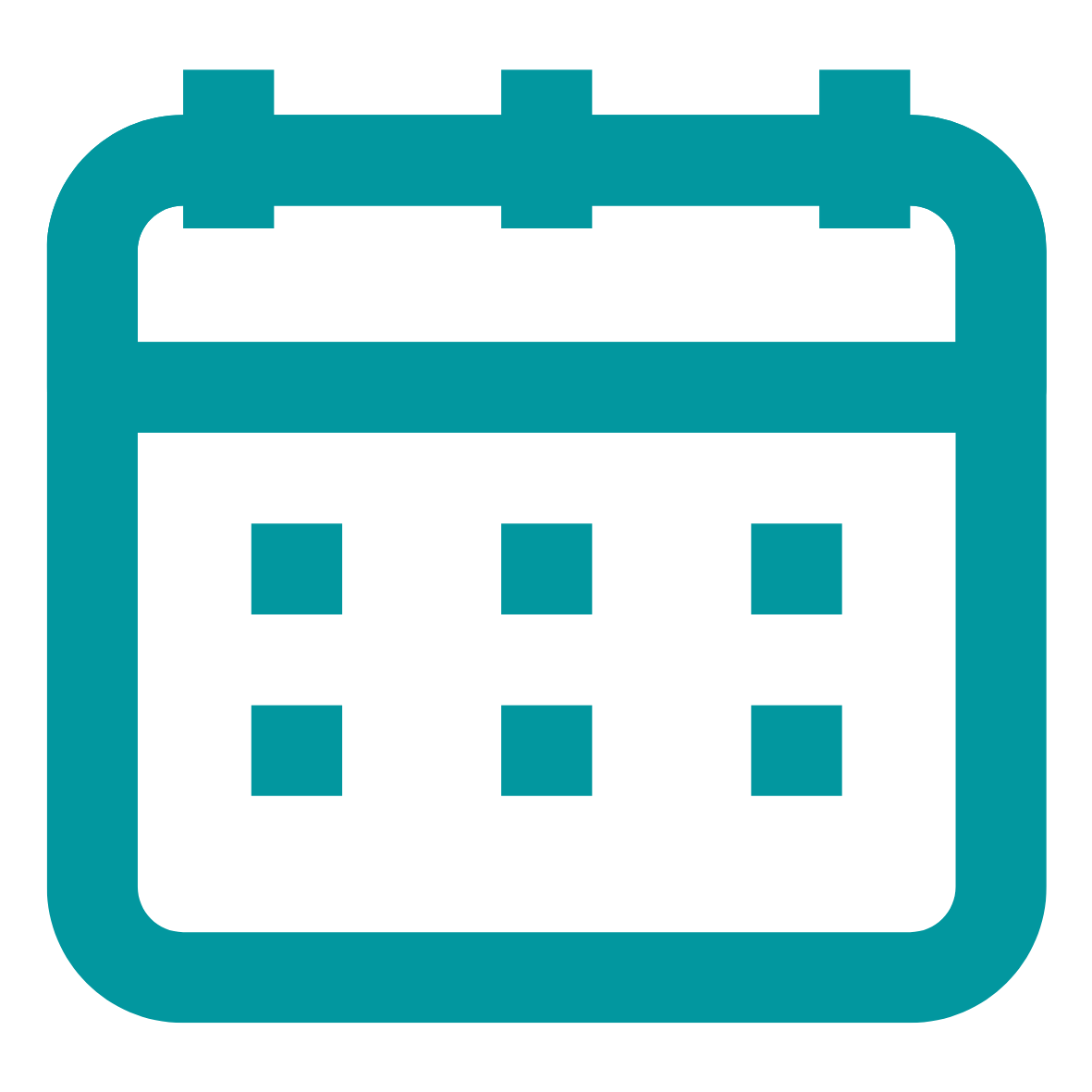Accelerate your testing processes with Generative AI
Research & Innovations
At Smartesting, innovation is our guiding light. We are committed to pushing the boundaries of software testing by exploring advanced technologies (ML, AI, Deep Learning) to create exceptional solutions.
Our team of passionate AI experts is striving to develop ever more innovative tools.
Explore our funded projects and latest research, and dive into the future of software testing.
Our projects

DApIA
In the field of aerial surveillance, protocols labeled as ‘dependent’ have been emerging since the early 2000s. Their operation is based on location data transmitted directly by aircraft. While relying on aircraft for data dissemination reduces operating costs, it also leads to significant security vulnerabilities, particularly making these protocols vulnerable to False Data Injection Attacks (FDIA).
The aim of the DApIA project is to improve the security of these protocols by providing FDIA detection capabilities. To achieve this goal, the project is organized around several axes, each managed by a project partner:
- ONERA Toulouse, with its expertise in airspace surveillance, provides data and identifies risk scenarios.
- The FEMTO-ST Institute develops anomaly detection capabilities based on Artificial Intelligence (AI) to identify these attacks. Anomaly detection relies on the use of AI, particularly pre-trained Machine Learning models.
- Smartesting generates data for the validation and training of detection models. This data is generated using a set of dedicated languages to formalize an FDIA scenario using natural language.
- Finally, Smartesting leverages its experience in hosting AI-based services to operate the anomaly detection models developed in DApIA.
DApIA is a project resulting from the ANR ASTRID Maturation program, following the ANR ASTRID GeLeaD project. With the “maturation” dimension, one of the project’s goals is to provide services that can be easily operated by key players in the field. This is made possible by using web technologies and offering access to detection services via REST APIs at a maturation level of TRL 5 or 6.

TeLIA
The TeLIA project aims to make software test automation smarter and more autonomous by embracing the concept of “Usage-Centric Testing“. This approach involves analyzing the actual usage patterns of applications.
In TeLIA, the analysis actual usage is grounded in technologies such as Machine Learning, Deep Learning, and Generative AI.
TeLIA addresses 4 key technological challenges using AI-based solutions:
- Automating the generation, execution, and maintenance of tests by analyzing usage patterns.
- Dynamically prioritizing test execution through Machine Learning.
- Automatically correcting end-to-end test code (Self-Healing).
- Detecting anomalies by analyzing usage patterns, including functional anomalies and monitoring the environmental impact of applications.
These research efforts focus on end-to-end regression testing (E2E testing) for web and mobile applications.
The project has a dual impact: it contributes to the digital transformation of the economy by aligning regression tests with continuous software production. Additionally, it promotes ecological transition by monitoring and managing the energy consumption of software, both during usage and development.

Bruno
His journey: Bruno holds a PhD in Computer Science and is a professor and researcher in Software Engineering at the University of Franche-Comté (France). He is a scientific advisor to Smartesting and a recognized contributor to model-based testing (MBT) and AI for testing. For more than 20 years, he has been passionate about empowering the testing process with AI-based techniques for test generation, prioritization, and automation.
Why AI? Have you ever asked an AI for a humorous text? The result is pathetic; AI has no sense of humor. But when it comes to helping us with software testing, AI is making a spectacular contribution and is now infusing our tools to speed up and simplify our day-to-day testing tasks.
Bonus: Bruno is involved in the testing community and sharing best practices. He is one of the leaders of the CFTL (French Testing Board) and contributes to several ISTQB working groups.

Alexandre
His journey: After completing his thesis on testing and cybersecurity, Alexandre continued his journey in Sweden, focusing on predicting the behavior of an attacker within a smart grid system. Returning to France in 2018, Alexandre delved into AI at the UFC. He worked on developing an approach to prioritize test cases during execution, evaluating different models such as decision trees and reinforcement learning. In 2022, he joined the AI team at Smartesting.
Why AI? Because it’s a rapidly growing and stimulating field. AI enables the unique handling of complex problems.
Bonus: An avid sports enthusiast, Alexandre also finds solace in gardening and working with wood.

Aymeric
His journey: Coming from a computer science background, Aymeric conducted his thesis on the design and generation of tests for aerial and maritime surveillance.
Why AI? Aymeric is drawn to MLOps, which involves applying DevOps practices to the world of AI. This includes finding the right architecture for a model and implementing continuous deployment of AI services.
Bonus: Much like Alexandre, Aymeric is a sports enthusiast. He is also a big fan of the Racing Besançon. Beyond his passion for sports, Aymeric loves ducks and waterfowl.

Antoine
His journey: The victory of AlphaGo over the world’s best Go player in 2016 was a turning point for Antoine, and he decided to venture into the field of AI. He leveraged his computer science and AI knowledge acquired at INSA Lyon to pursue a thesis at the UFC on the subject of anomaly detection in aviation.
With his thesis completed, Antoine continued his work in aviation at the ONERA Toulouse, focusing on topics such as the evaluation of fuel consumption for commercial aircraft. After a year in the south of France, he decided to return to Franche-Comté by joining Smartesting’s AI team in October 2023.
Why AI? After humans’ defeat to AI in chess, Starcraft 2, and Go, Antoine wants to try to sabotage it or see it evolve from within.
Bonus: When Antoine is not playing a strategy game, he grabs his racket to play squash. At least AI hasn’t beaten him at that yet!





